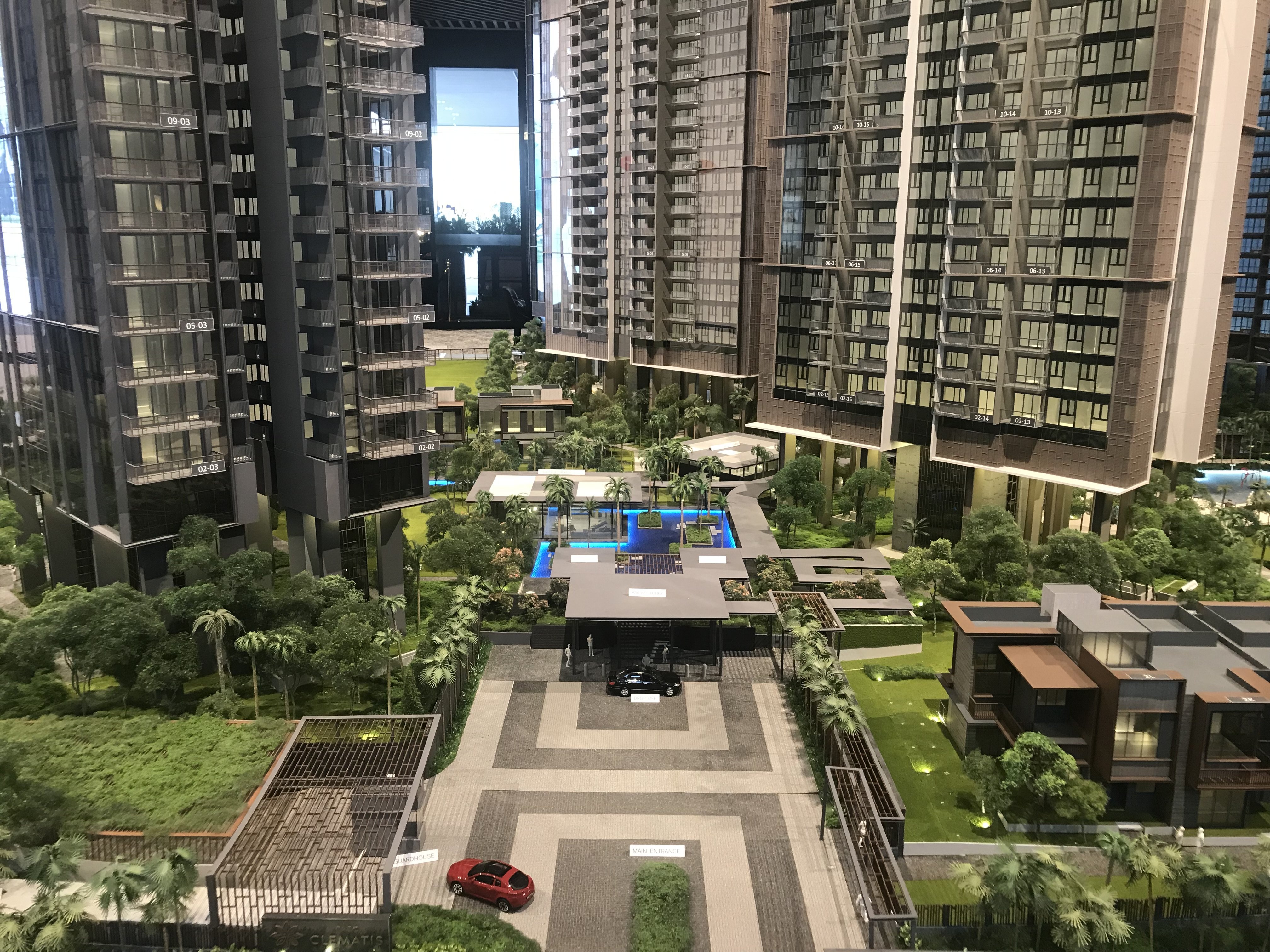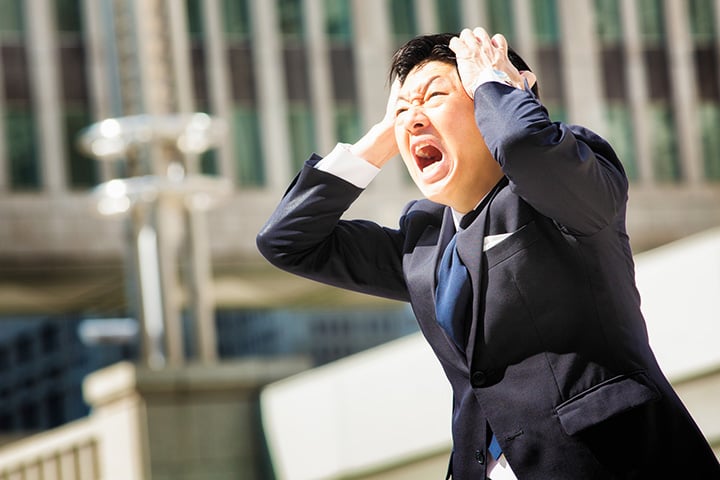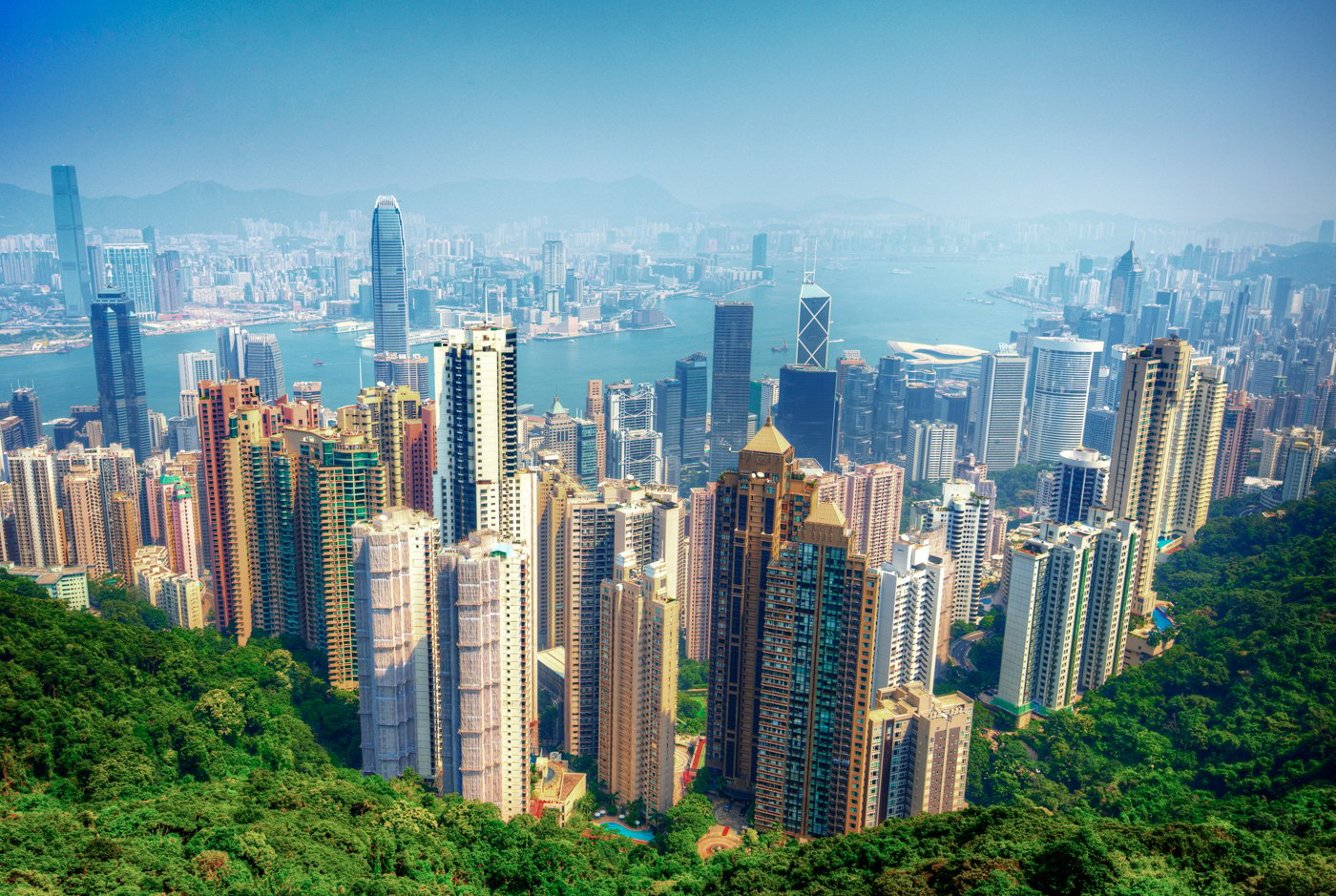With economists predicting a recession in 2020, you’d be surprised to learn that Singapore’s property scene is heating up. But that isn’t just because Hong Kong is in trouble:
Singapore’s real estate industry is showing signs of recovery
Private, non-landed home prices rose 1.5 per cent in Q2 2019, compared to a 0.7 per cent decline in Q1. Prior to this, prices had declined for two consecutive quarters.
Then in July, we saw 1,178 private home sale transactions, excluding ECs. This is a spike from just 821 units in June, a 43.5 per cent increase, and the highest number of transactions so far this year. Including ECs, sales volumes were up 89.3 per cent, with a leading contributor being the launch of Piermont Grand in Punggol.
(This is about a third lower than the volume in July last year; but that’s also because July 2018 saw a surge of panicked buying the night before new cooling measures took place).
Case in point, consider Parc Clematis last weekend, when an estimated 5,000 people packed the showroom.

Units in Parc Clematis’ Contemporary Series start from $699,000, with the Elegance Series prices at over $1.1 million. The higher-end Signature Series has a mix of three- to five-bedroom units prices at above $2 million. The development’s landed housing (Masterpiece Series) ranges from $2.75 million, to around $4 million.
We understand the developer (SingHaiYi) was confident enough to spend around $5 million on the showroom alone.
The pricing is also confident; in 2017, consensus was that a supply overhang – from the en-bloc fever – would drive down prices. But the pricing at Parc Clematis – as well as the EC Piermont Grand (comparatively expensive for the Punggol area) suggests there’s stronger demand than expected.
(To be fair, we should account for the fact that Parc Clematis is so near Clementi MRT station and Clementi Mall. Condos that are located in such mature estates invariably draw more demand.)
Foreign buyers also moved back into the market
7.1 per cent of non-landed private properties were sold to foreigners in July, according to URA. This is around 82 units, which is about twice the one-year average (39 units).
Foreigners are also buying more expensive houses. According to OrangeTee, 27 per cent of non-landed new homes bought by foreigners – between January to June – were valued at above $3 million. This is the highest percentage next to the last peak, in 2007 (30.5 per cent).
Why is this happening despite the trade war and global economic slowdown?

It may be happening precisely because of it. Consider some points of comparison:
First, the peak of foreigners buying Singapore real estate occurred in 2007, just one year before the Global Financial Crisis. Subsequently, property prices ramped up around 60 per cent, between 2008 to the last peak in 2013. Demand actually picked up, as investors shifted from conventional stocks and bonds and into real estate.
Second, during the last real estate rush, low interest rates made property assets attractive. Bank loan rates fell from the historical average of around 3.7 per cent, to well below two per cent. This was due to interest rate cuts by the US Federal Reserve.
At the time of writing, analysts are predicting as many as three more rate cuts in 2019. And already, bank home loans have been cheaper than even HDB loans for a decade.
Third, consider the data from China, which is a bellwether for the global economy. In 2008, China’s GDP growth slowed to just nine per cent – at that point, its slowest pace of growth in seven years. As of July this year however, China’s GDP growth is down to 6.2 per cent, it’s slowest in 27 years.
The fears of a global economic slowdown tends to send investors into a flight for safety. This often means shifting their attention from more volatile assets – such as equities – to safe haven assets like gold (which are rising on recession fears by the way), the yen, and – you guessed it – real estate in politically stable climates like Singapore.
Alternative real estate markets are also looking less attractive
The UK is struggling with the rising prospect of a no-deal Brexit, which is likely to impair its economic growth. As for Hong Kong, you could be living under a rock and still hear about its political upheaval the past few weeks; and it bears note that Hong Kong is Singapore’s closest rival as a financial hub, and real estate hot spot.
In summary, the two favourite alternative markets for property – the UK and Hong Kong – are looking rather pallid right now, compared to stable ole’ Singapore’s real estate.

Singapore property, being largely viewed as a safe haven asset, is likely to see demand as the economic situation worsens
Don’t get us wrong, we’re not saying the economic downturn is somehow good for us. On a broader scale, the damage done to our export driven economy is likely to outweigh limited gains in certain sectors.
But there is some precedent for it being kind to the real estate sector, so we may have something to look forward to. Up until new cooling measures kick in again, probably.
by Ryan Ong
